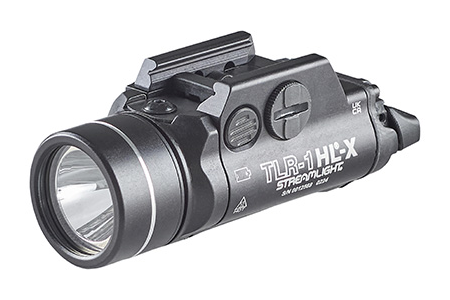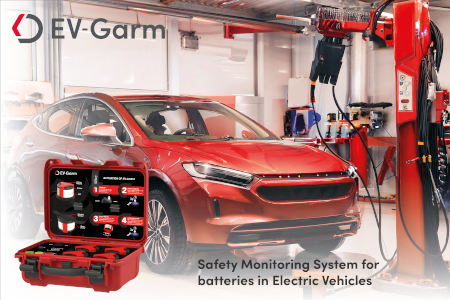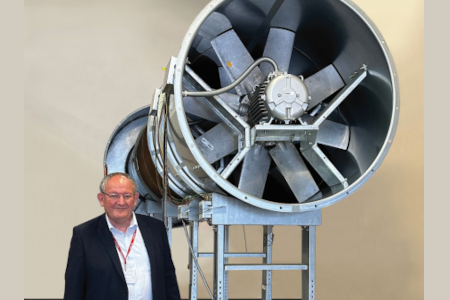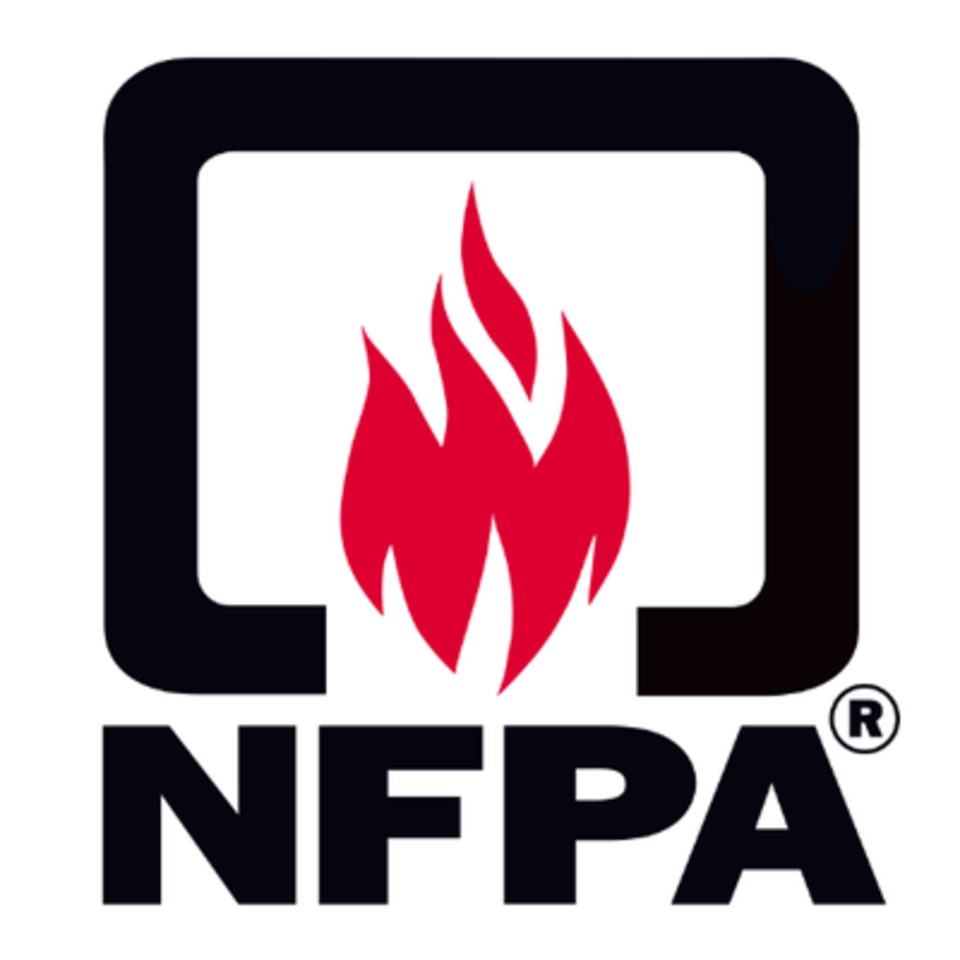 The People’s Republic of China is on a one-way highway to becoming the superpower of the twenty-first century. Many Western businesses underestimate the challenges they will face when trying to navigate commerce and trips to China. I have learned from my travels that prior to arriving in a foreign country; the more aware you are of that culture, the more respect you will earn as an American (westerner). An effort to understand and value their culture, values and tendencies (both business and otherwise) will go a long way. I will tell the story of my adventures in China; the successes, the failures, the highlights and even the near-death experiences.
The People’s Republic of China is on a one-way highway to becoming the superpower of the twenty-first century. Many Western businesses underestimate the challenges they will face when trying to navigate commerce and trips to China. I have learned from my travels that prior to arriving in a foreign country; the more aware you are of that culture, the more respect you will earn as an American (westerner). An effort to understand and value their culture, values and tendencies (both business and otherwise) will go a long way. I will tell the story of my adventures in China; the successes, the failures, the highlights and even the near-death experiences.
If you or your company has plans to enter the Chinese market, hopefully this article will give you insight into the challenges and the opportunities of doing business in the world’s most populated country. I arrived in Shanghai late on a Tuesday evening in October after a 13 hour plane ride from San Francisco. My business partner was sending a driver to pick me up from the airport. A voicemail indicated the driver will be one hour late due to an accident on the freeway he was on. I was about to find out first hand why my trip to China to train stabilisation in extrication was justified. I thought the craziest drivers were in Lima, Peru but I
‘When travelling to Asia, it is appropriate to bring a gift, usually regional or industry related, to the owner of the company.’
had never been to Asia. He bumped two cars and then turned the wrong way down a three-lane interstate! Then proceeded to make a U-turn while three lanes of traffic were speeding towards us at 95 km/hr! I came here to sell extrication tools… not be extricated. In the one hour drive from the airport to the hotel my driver was in two separate fender-benders and we witnessed a collision next to us on the freeway exit. Research aside; it is confirmed there is a need in China for extrication tools. I was taken to a restaurant and introduced to my translator, Rick. In the two week period of my trip, Rick proved to be a great resource and friend. He is very knowledgeable on his country’s history and politics and has a desire to educate me in Chinese culture. During my first meal in China, I already began my paradigm shift as Rick taught me Chinese table etiquette.
 First, it is rude to touch your mouth with your hands during a meal. Second, don’t set your chopsticks facing your plate. It is bad luck. They should be placed on the holders, parallel to the plate with the ends that touch your mouth facing away. My first day in Shanghai, I was to have a meeting with the business owner we have negotiated with to sell our tools in China. When traveling to Asia, it is appropriate to bring a gift,usually regional or industry related, to the owner of the company. I had purchased a traditional American helmet and had a custom shield made for my business owner’s company. It is more appropriate for the gift to be given on behalf of the whole company you represent and is for the whole group on the receiving end. I therefore made sure the company name was written in Chinese on the shield of the helmet. After the meeting, Rick took me on a tour of Shanghai. This is an incredibly vast city, with a population approaching 19 million people. That is the size of America’s top 5 cities… combined. Almost the entire city is under construction, as the 2010 International Exposition will be held there. Shanghai is seeing a metamorphosis similar to Beijing a few years ago prior to the 2008 Olympics.
First, it is rude to touch your mouth with your hands during a meal. Second, don’t set your chopsticks facing your plate. It is bad luck. They should be placed on the holders, parallel to the plate with the ends that touch your mouth facing away. My first day in Shanghai, I was to have a meeting with the business owner we have negotiated with to sell our tools in China. When traveling to Asia, it is appropriate to bring a gift,usually regional or industry related, to the owner of the company. I had purchased a traditional American helmet and had a custom shield made for my business owner’s company. It is more appropriate for the gift to be given on behalf of the whole company you represent and is for the whole group on the receiving end. I therefore made sure the company name was written in Chinese on the shield of the helmet. After the meeting, Rick took me on a tour of Shanghai. This is an incredibly vast city, with a population approaching 19 million people. That is the size of America’s top 5 cities… combined. Almost the entire city is under construction, as the 2010 International Exposition will be held there. Shanghai is seeing a metamorphosis similar to Beijing a few years ago prior to the 2008 Olympics.
We flew to Beijing that evening to begin setting up the tradeshow booths at China Fire 2009. While at the tradeshow, I noticed many interesting things. First, the Chinese love sales demonstrations. I have attended many tradeshows, but have never seen more things crash, bang and explode. Regardless of the practicality of a demonstration, if it makes a loud noise or causes a scene, it will attract the very short attention span of a crowd. Dozens, sometimes a hundred or so Chinese firemen orusually regional or industry related, to the owner of the company. I had purchased a traditional American helmet and had a custom shield made for my business owner’s company. It is more appropriate for the gift to be given on behalf of the whole company you represent and is for the whole group on the receiving end. I therefore made sure the company name was written in Chinese on the shield of the helmet. After the meeting, Rick took me on a tour of Shanghai. This is an incredibly vast city, with a population approaching 19 million people. That is the size of America’s top 5 cities… combined. Almost the entire city is under construction, as the 2010 International Exposition will be held there.
Shanghai is seeing a metamorphosis similar to Beijing a few years ago prior to the 2008 Olympics. We flew to Beijing that evening to begin setting up the tradeshow booths at China Fire 2009. While at the tradeshow, I noticed many interesting things. First, the Chinese love sales demonstrations. I have attended many tradeshows, but have never seen more things crash, bang and explode. Regardless of the practicality of a demonstration, if it makes a loud noise or causes a scene, it will attract the very short attention span of a crowd. Dozens, sometimes a hundred or so Chinese firemen ormilitary personnel will crowd around a demonstration that pushes a tool to its limits. Once the demonstration is over, they will rush around the tool to get a closer look, take a picture of it, and then move on. I walked around the show two separate times and noticed some very interesting things. Every product that has shown any popularity has at least one if not multiple copies of it! As many of you are aware, one area where China’s laws are very weak is intellectual property rights (IPR) protection. It is getting better, but it is still amazing to see so many copied tools all at a tradeshow.
I walked into the booth of a company that had a tool that I am very familiar with, but it had no labels. I pulled my camera out and the guy almost back flipped over his desk while yelling in Chinese at me. He then physically escorted me out of his booth.Sometimes the local company will even go so far as design a label similar to the foreign tool and give the name a slight twist. I am a young businessman in a culture where age carries a lot of weight. Aware of this, I knew that I had to be more professional, more educated and more prepared to deal with the fact that I may be looked down upon because of my age. In order to be a good ambassador for my company, I needed to ensure that I represented the values and protocols of my management. In China you have to play by their rules on their home turf, doing business the Chinese way. Negotiations can be long and exhausting, with price being the major factor discussed.
Foreign executives, especially from the United States, have a reputation for being impatient. During negotiations, I listened more than I spoke and made sure not to exaggerate what I was able to deliver. You need to be committed to making your China business a success in the long-term. Without one’s full commitment, the chances of failure increase drastically. Note on business cards. You should translate your information in the local language (Mandarin Chinese) on the reverse side. When giving business cards or promotional materials, you present with both hands, thumbs on top. You accept in the same manner. Never place a person’s business card in your wallet and then in your back pocket. What I did was hold their business card in front of me while we were in conversation or I set it on the table in front of me. I did not put them into my pocket until walking away afterwards. I left straight from the exhibition centre to the train station where I began my 5 day journey through China. The total distance I travelled by train was over 2000 KM or about 1,200 miles. This was split between four train rides and many subways. I had many interesting stories and adventures that I will not be able to fit in this article including The Great Wall, demonstrations on Army bases, Accusations of H1N1 and witnessing a subway death. You can find these stories and experiences at www.JeremySankwich.com.
Final Thoughts:
• Chinese name order is reverse in English, the last name comes first. Be careful not to call a business partner or associate by the wrong name. If you bring a gift that is wrapped, do not wrap it in white paper. White is associated with funerals. Red is a good colour as it is lucky in China.
• Duck intestines, duck tongue, squid, dog and goose liver aren’t as bad as they sound, but I wouldn’t eat them again.
• Traffic laws are more like traffic suggestions. If there is a car wreck, car on the side of the road, or even an elderly women stuck in the middle of the road trapped by traffic (seriously) Chinese drivers just swerve and keep going.
• All business negotiations should be concluded before gifts are exchanged. You do not want to appear like you are attempting to bribe. (I learned this by asking Rick when I should give all the employees a gift I bought each one.)
• Finally, the most important skill for doing business in China is patience. Negotiations can turn long if a Chinese businessperson comes to believe you are under pressure.
Be patient, and never speak of your deadlines. They will be used against you. Patience, flexibility and persistence are the key to success in China. The better you are at quickly adapting to changes in the operating and regulatory environments, the more likely your success will last.Resources I read prior to travel:
1.) “Kiss, Bow or Shake Hands: How to do business in Sixty Countries” Written by: Terri Morrison, Wayne A. Conaway and George A. Borden.
2.) “Doing Business in China: 2009 Country Commercial Guide for U.S. Companies” www.Export.gov
About the author:
Jeremy Sankwich is 24 years old and is the International Sales Manager for Rescue 42, Inc. a rescue tool manufacturer based in Chico, CA. He graduated college with a Business Administration degree, dual emphasis in Financial Services and Financial Management. Part time he is an entrepreneur and a volunteer firefighter for Butte County, CA. He travels internationally both for Rescue 42 as well as a mission’s organisation digging water wells in impoverished nations. Jeremy can be reached at Jeremy@Rescue42.com.











